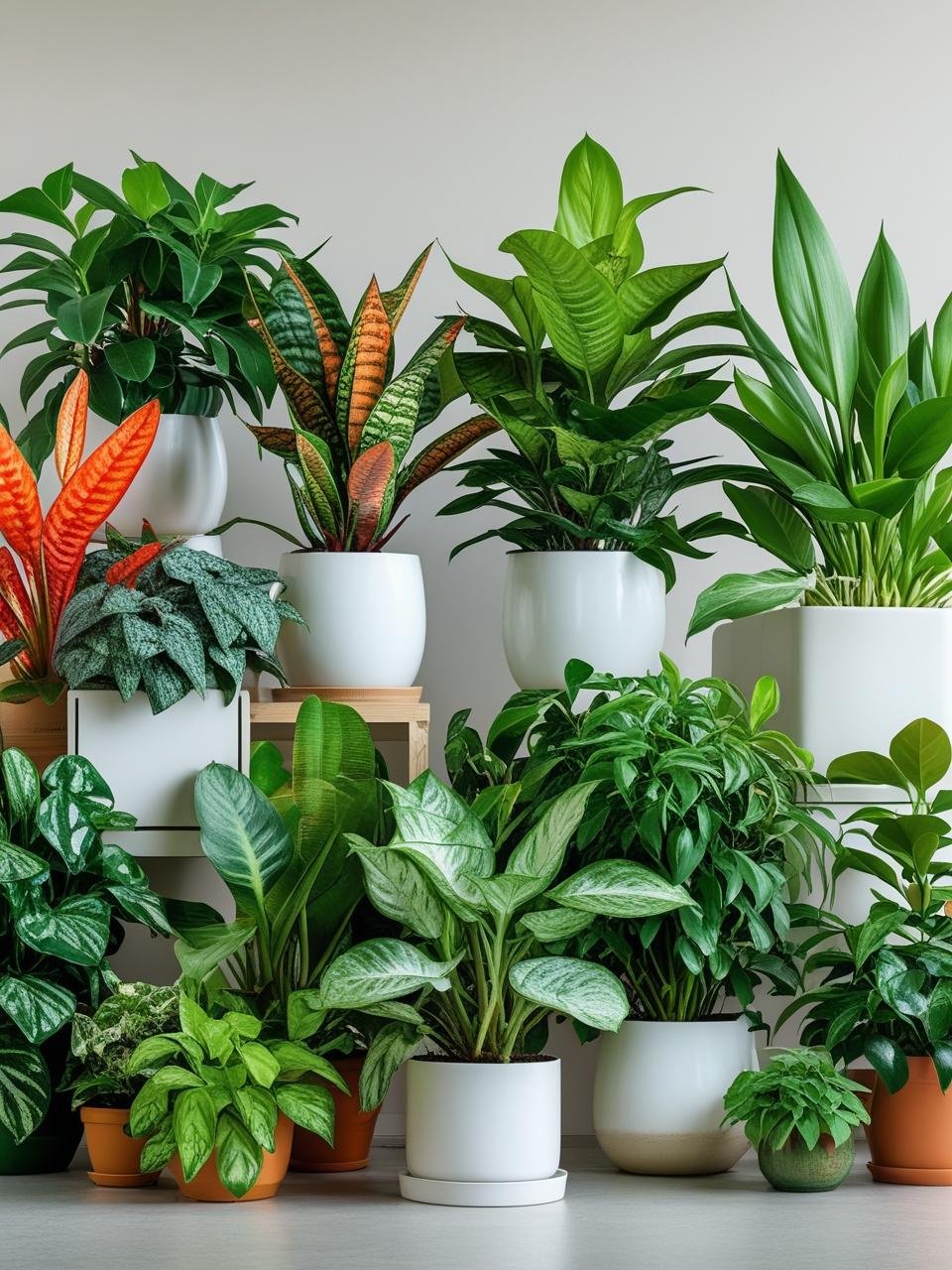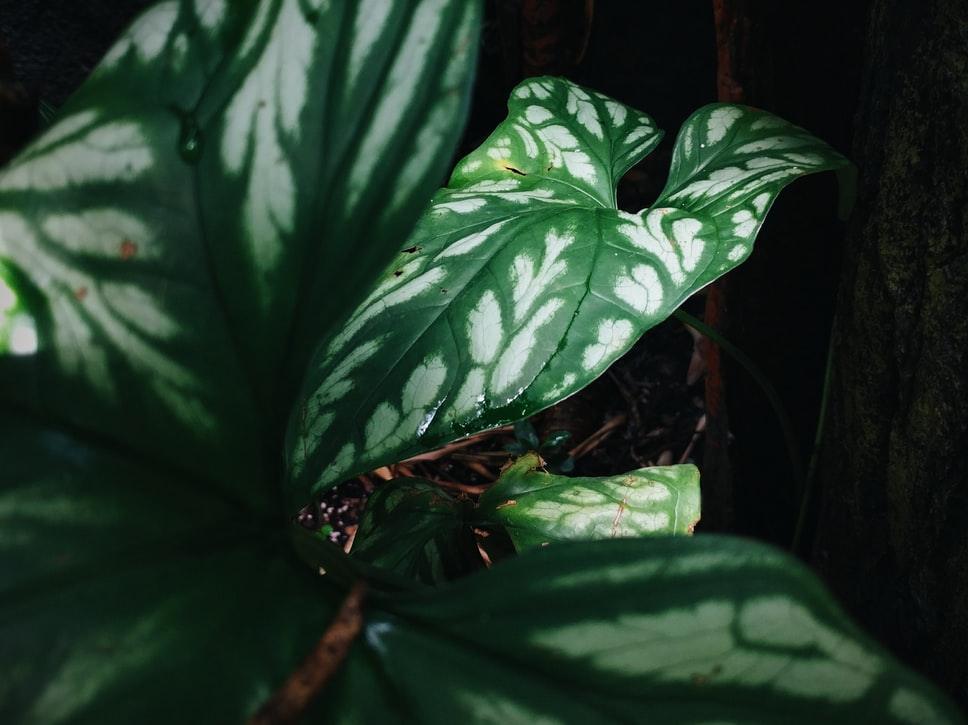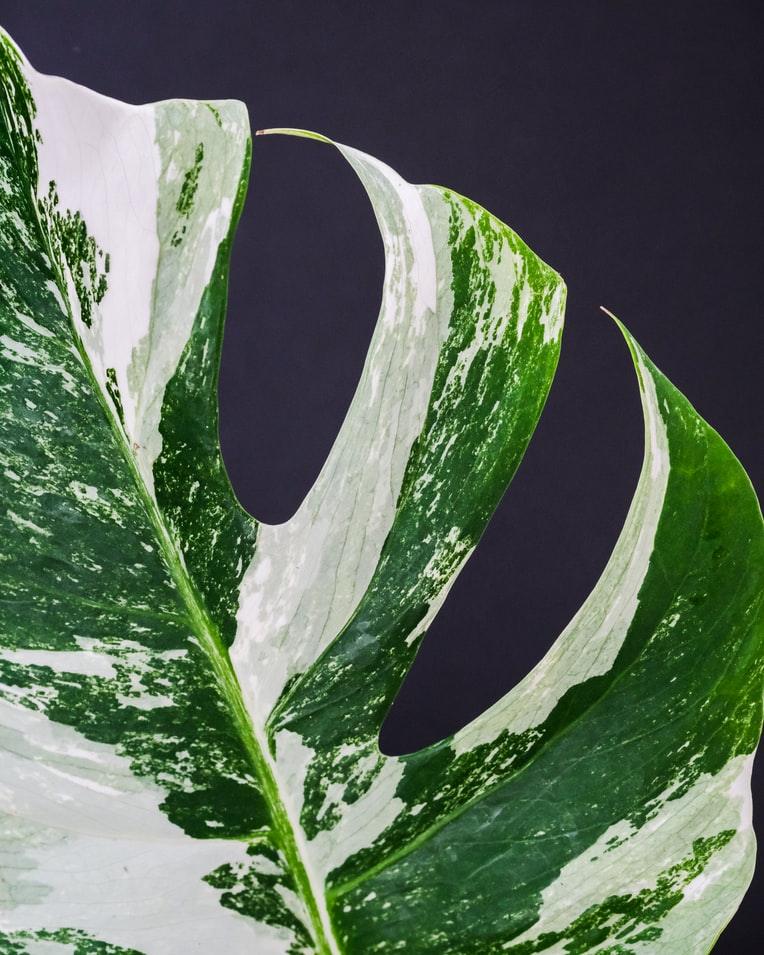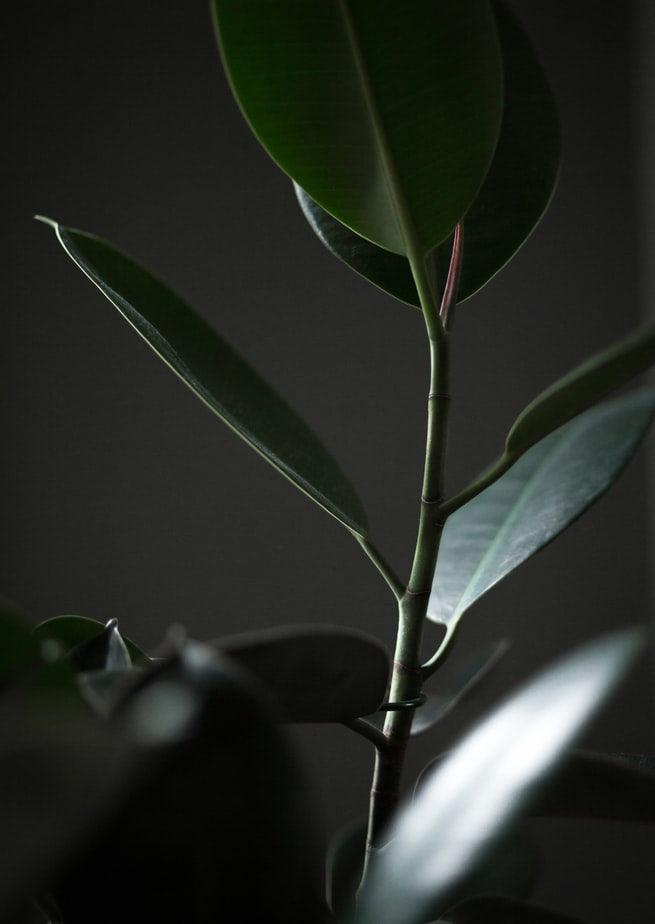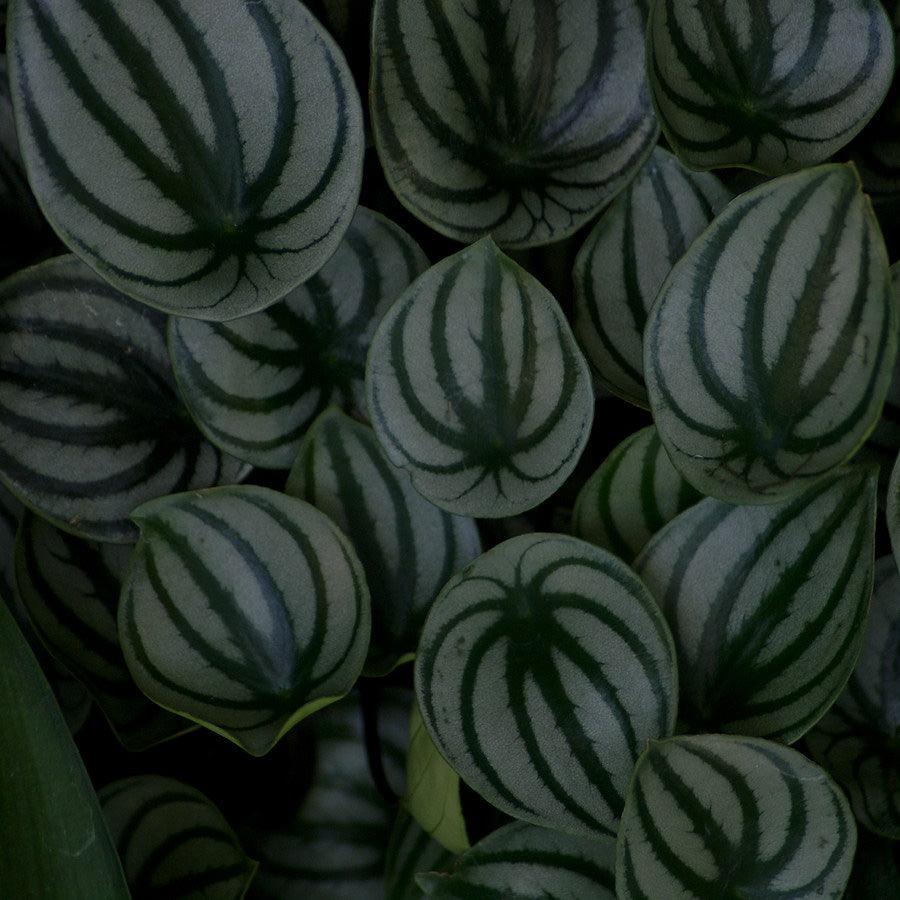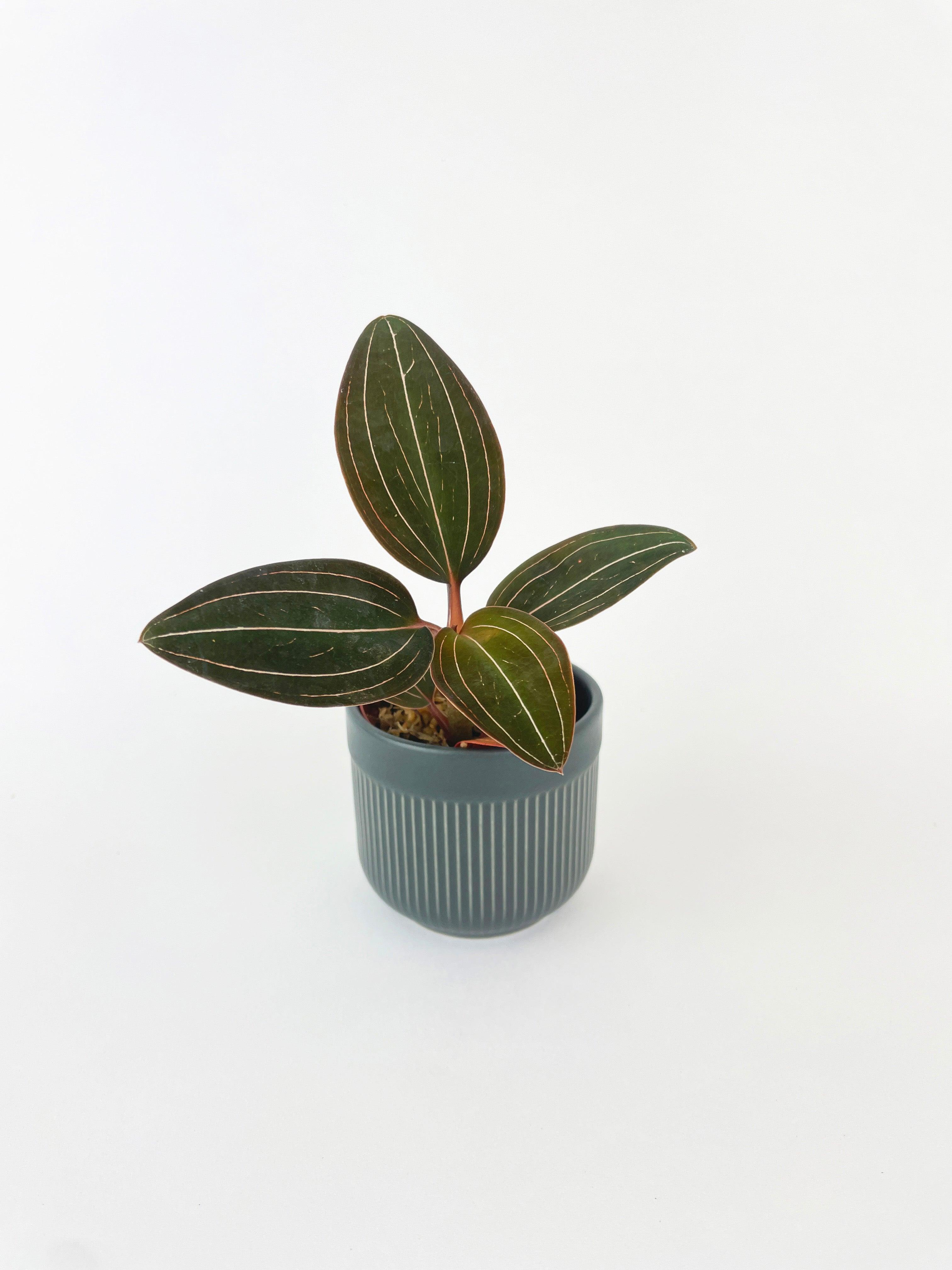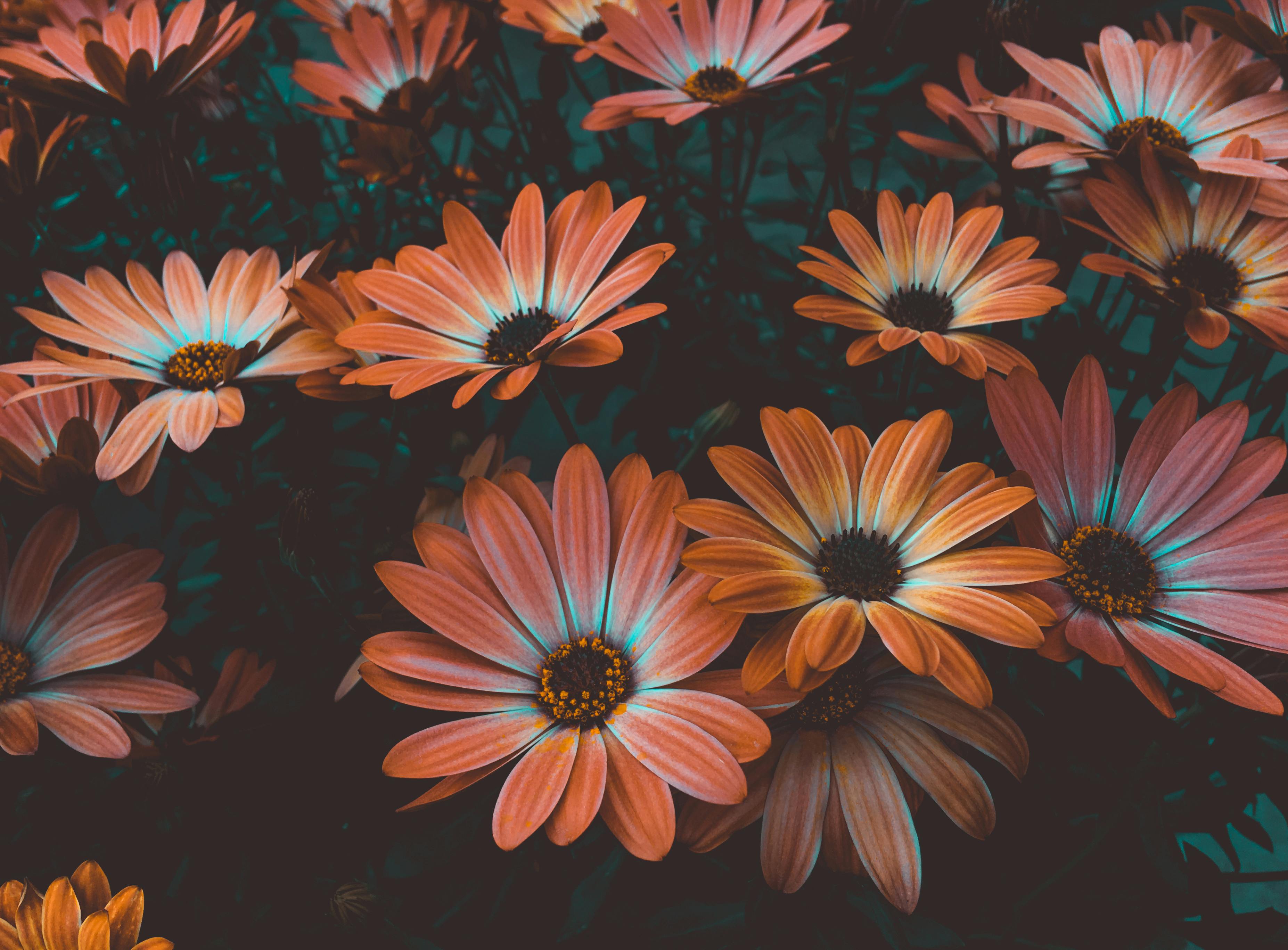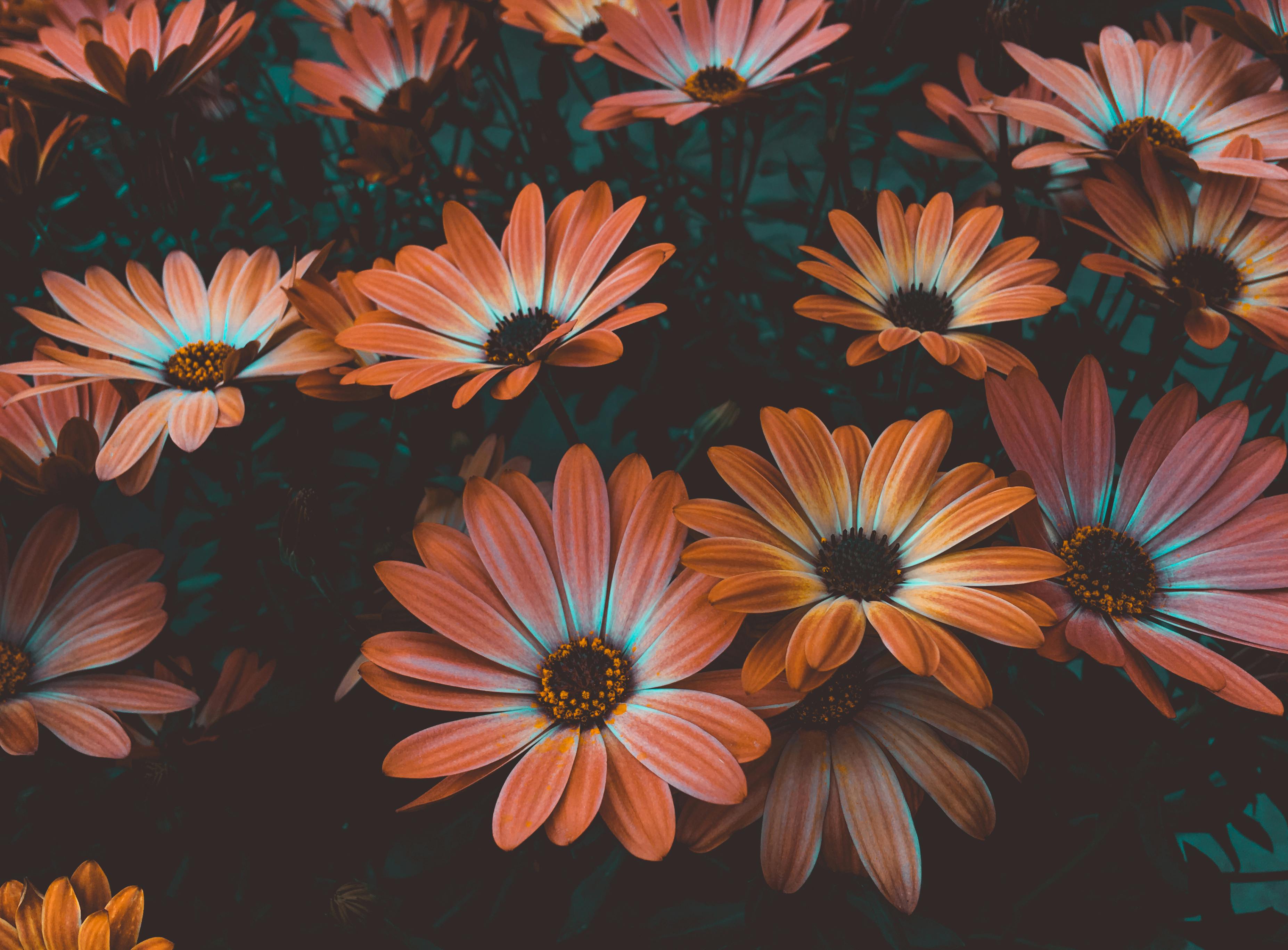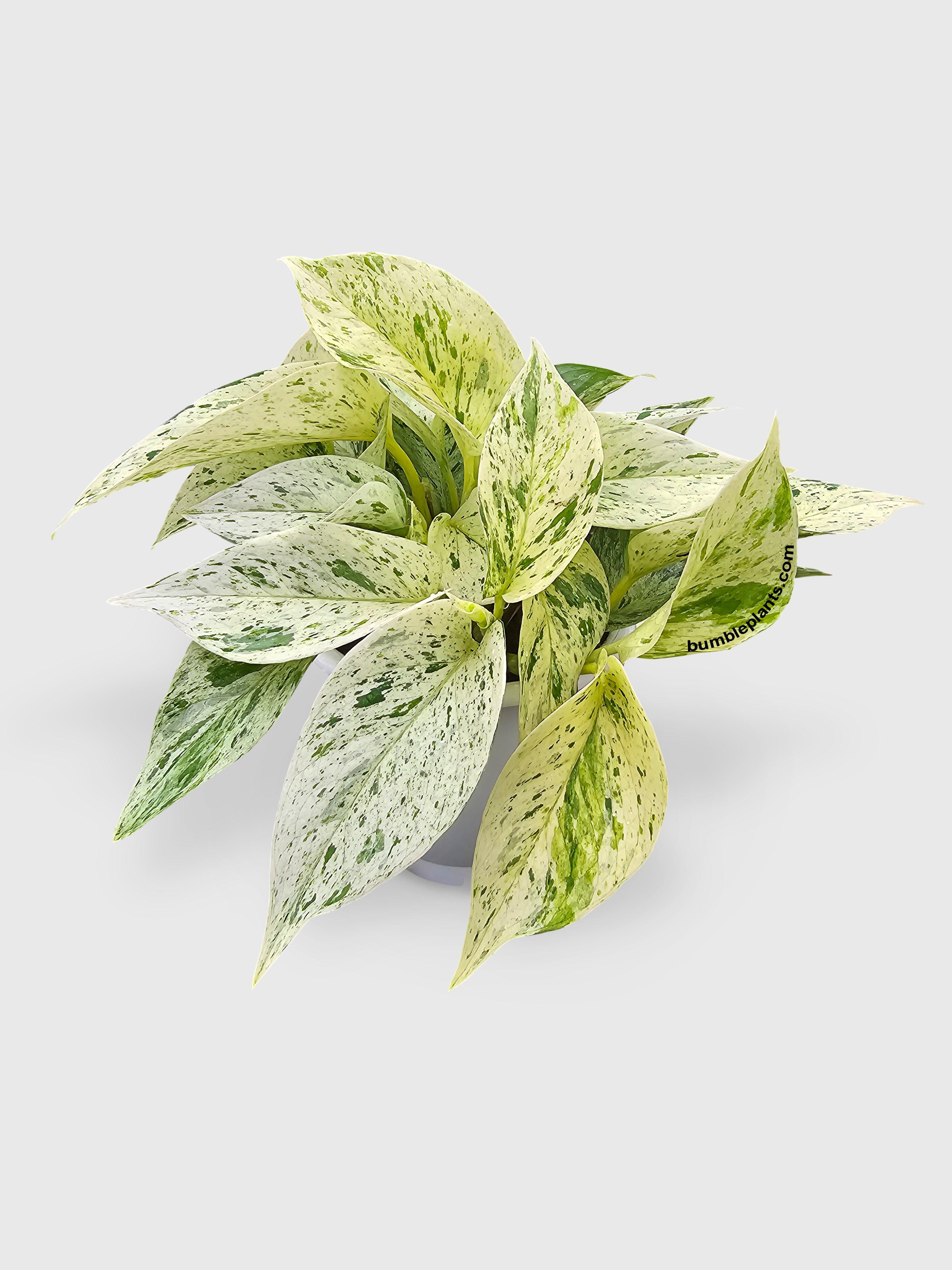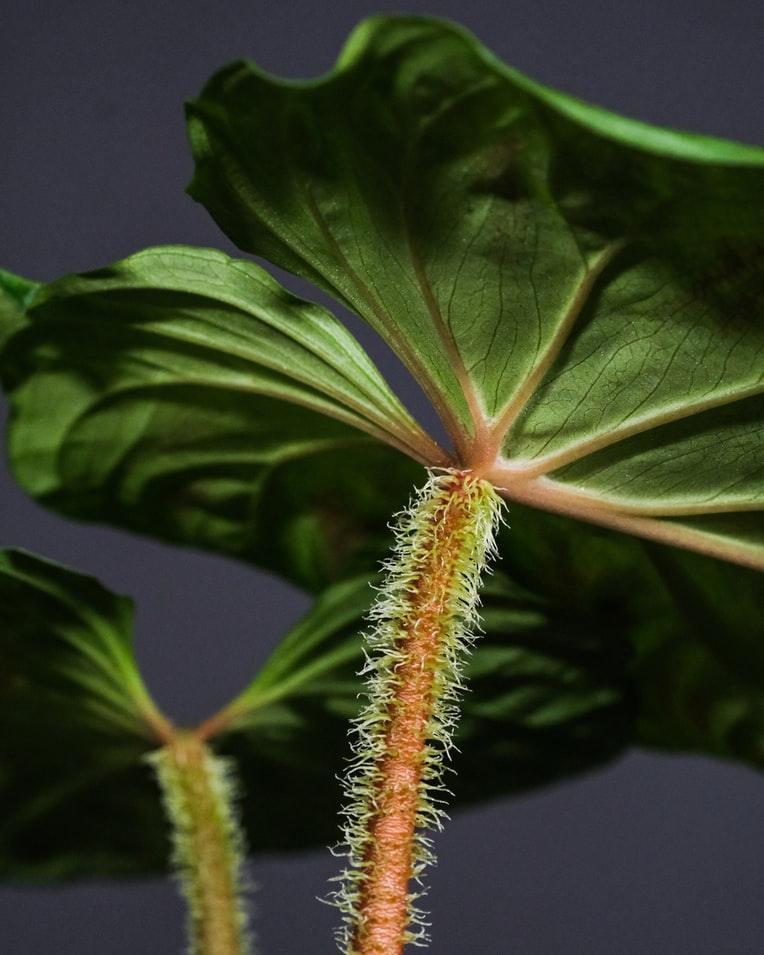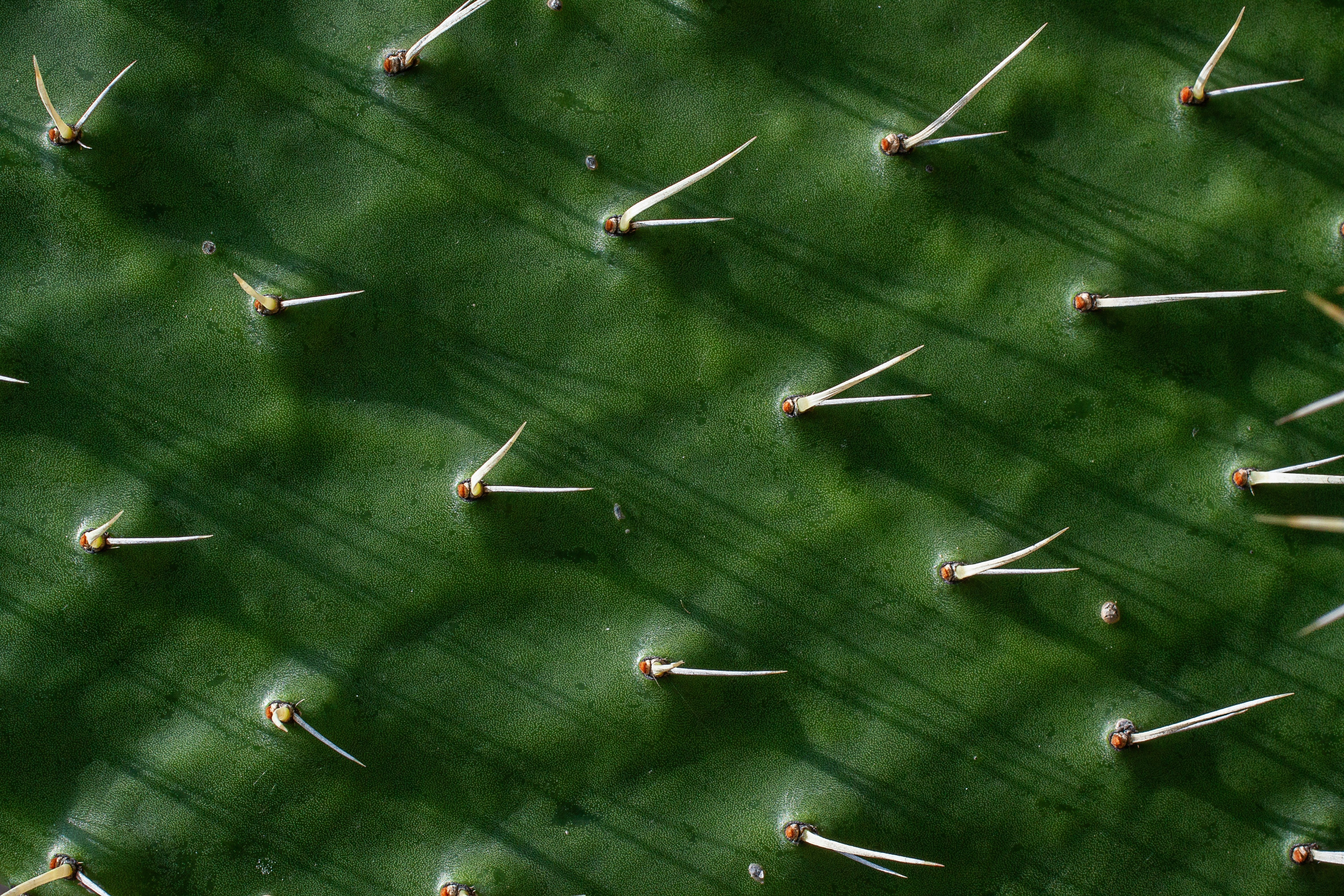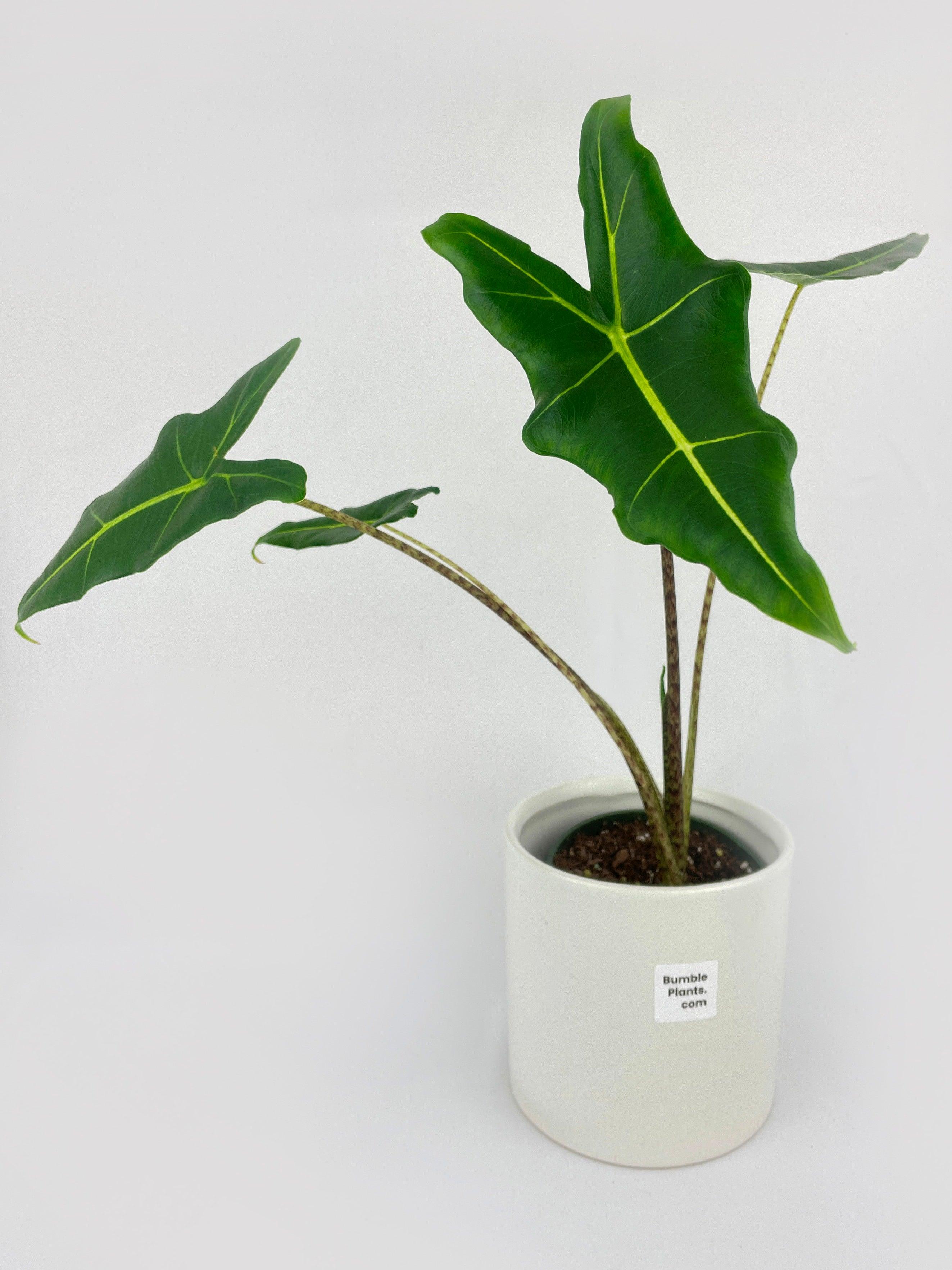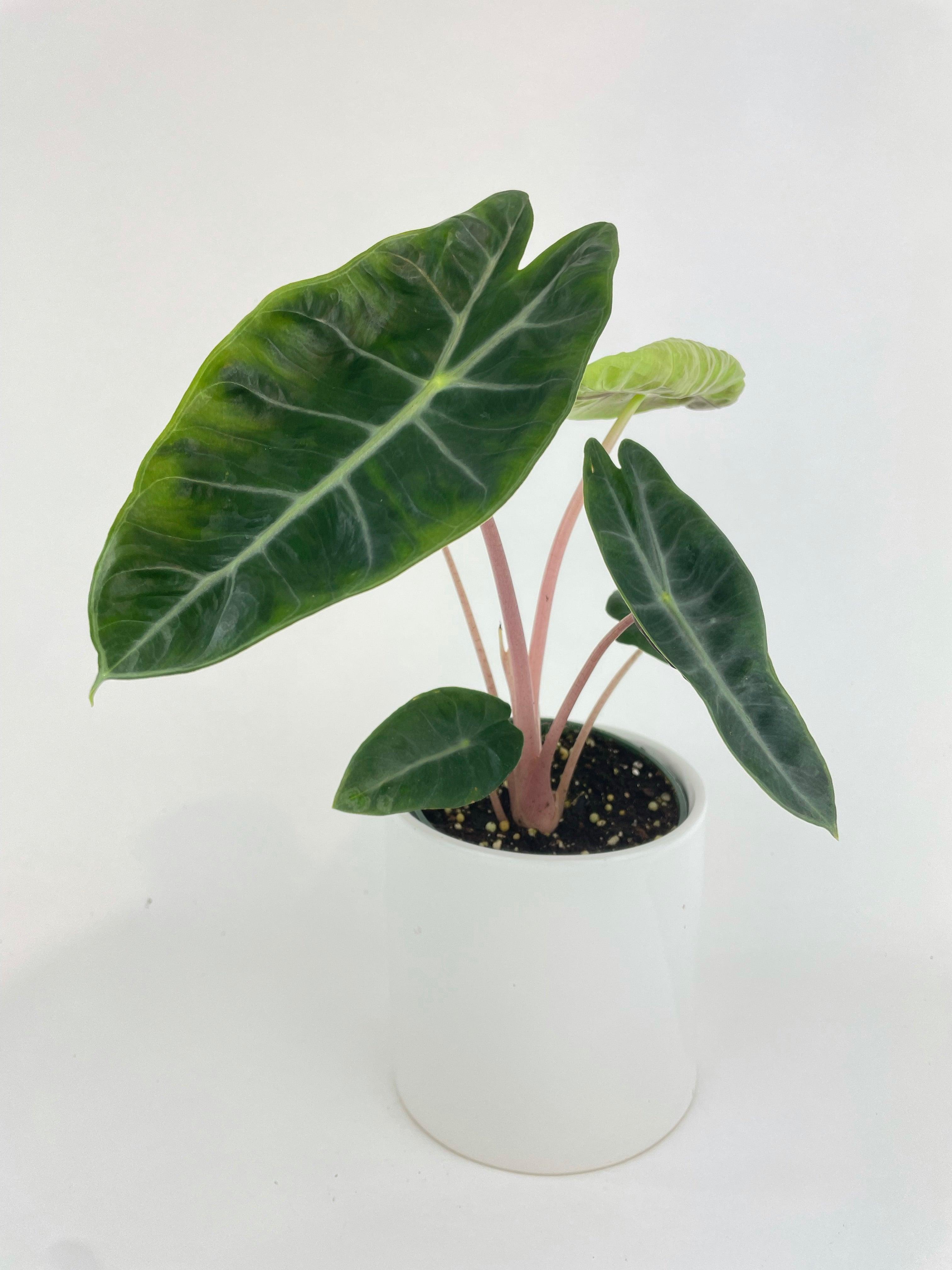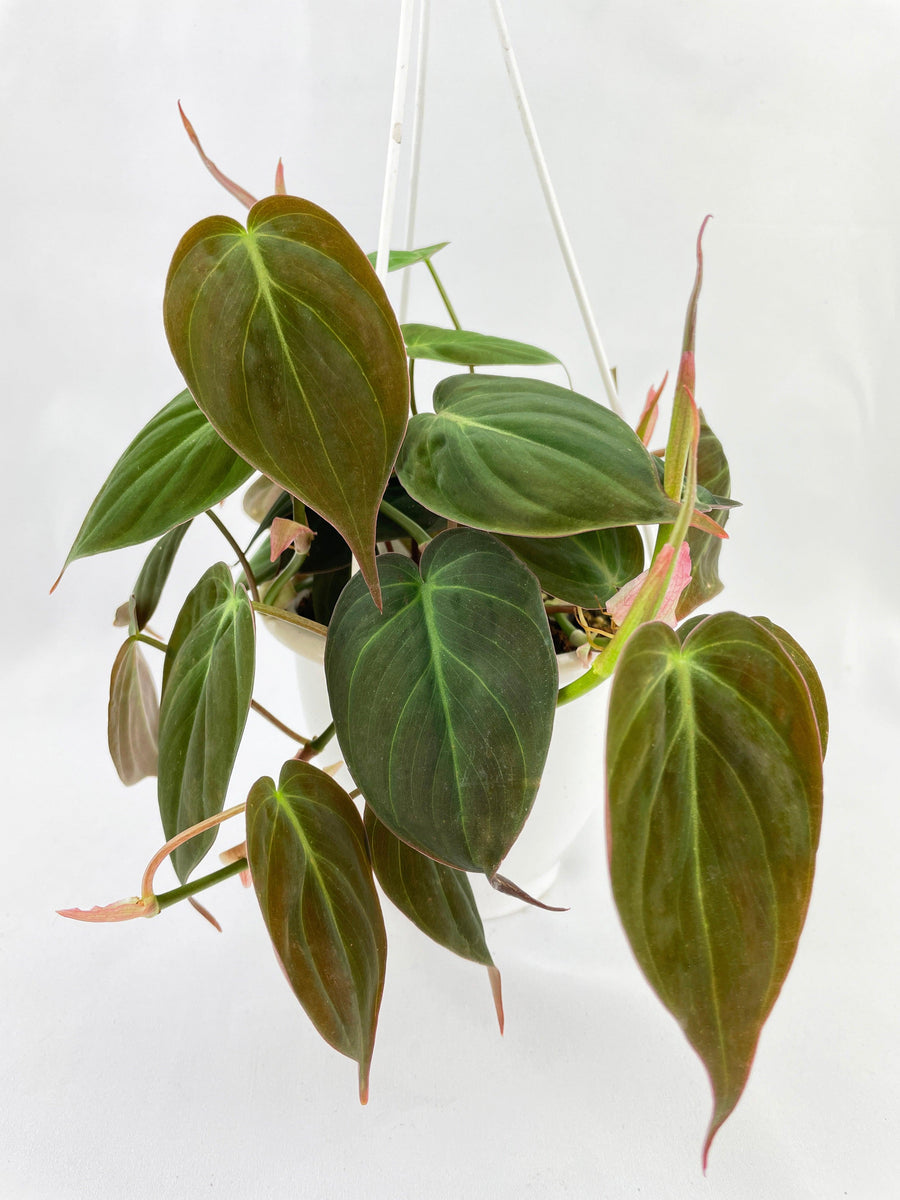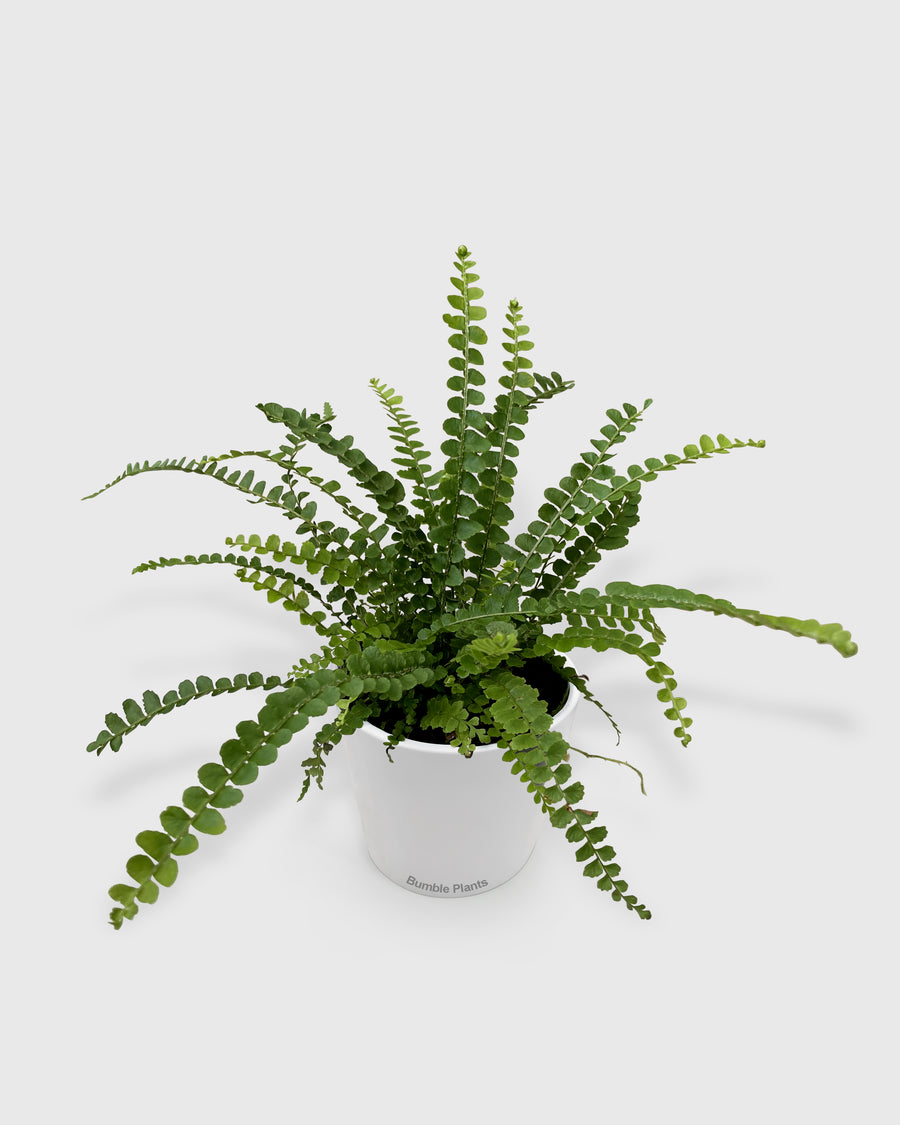Benefits of Using Systemic Insecticide for Houseplants
Houseplants can transform any space into a serene haven, enhancing the aesthetics, purifying the air, and even boosting our mental well-being. However, maintaining healthy plants requires consistent care and protection against pests. One common method of insect control is the use of systemic insecticides. This blog will delve into how systemic insecticides work, their advantages and disadvantages, and how to properly apply them for the best results.
How Does Systemic Houseplant Insect Control Work?
Systemic insecticides are unique in their action. They are absorbed into the plant's system through the roots or leaves and then distributed throughout the entire plant via the vascular system. This ensures that every part of the plant, from the stems and leaves to the buds and fruit, is protected.
When a pest starts to feed on the treated plant, it ingests the insecticide and is consequently eliminated. This method of pest control is particularly effective because it targets the insects directly and remains in effect for an extended period.
Advantages of Using Systemic Insecticides
Systemic insecticides offer several benefits that can make them an appealing option for houseplant care:
1. Effective Long-Term Pest Control: Once absorbed by the plant, systemic insecticides provide prolonged protection against pests. This makes them perfect for dealing with infestations and preventing future ones.
2. Targeted Action on Pests: Systemic insecticides only affect pests that feed on the treated plant, ensuring more targeted pest control compared to some other methods.
Disadvantages of Using Systemic Insecticides
While systemic insecticides can be highly effective, it's also important to consider their potential drawbacks:
1. Potential Harm to Beneficial Insects: Some beneficial insects like bees and butterflies could be harmed if they feed on nectar or pollen from a treated plant.
2. Environmental Impact: Systemic insecticides can potentially leach into groundwater if used excessively.
3. Safety Precautions: Since systemic insecticides are absorbed by the plant, they should be used cautiously, especially on plants that produce edible fruits or vegetables.
Choosing the Best Systemic Insecticide for Specific Pests
Scale: Scale insects can be stubborn and difficult to eradicate. The best systemic insecticide for scale is often one containing the active ingredient Imidacloprid.
Spider Mites: Spider mites can cause severe damage to houseplants. Look for systemic insecticides specifically designed to tackle spider mites.
Aphids: Aphids are tiny pests that suck plant sap, causing wilting and discoloration. A systemic insecticide with Acetamiprid can work effectively against aphids.
Before selecting an insecticide, consider the type of houseplant and its specific needs, as some plants may be sensitive to certain insecticides.
Application and Dosage Guidelines
When using systemic insecticides, it's crucial to follow the product's instructions carefully. Here are some general guidelines to consider:
1. Dosage: Do not exceed the recommended dosage on the product label. More isn’t always better. Overuse can lead to toxicity and potentially harm the plant.
2. Application: Apply systemic insecticides to the soil around the plant's base or spray onto the leaves, depending on the product's instructions.
3. Frequency: The frequency of application depends on the product and the severity of the infestation. Be sure to follow the manufacturer's guidelines.
4. Safety: Always wear gloves and wash your hands after handling systemic insecticides. Keep them out of reach of children and pets.
Alternative Pest Control for Houseplants
When it comes to safeguarding your houseplants from pests, systemic insecticides are just one piece of the puzzle. Explore these effective alternatives to create a well-rounded defense for your houseplants:
1. Physical Removal:
For small infestations, consider the hands-on approach. Handpicking pests, wiping them off with soapy water, or utilizing traps can prove remarkably effective without resorting to chemicals.
2. Diatomaceous Earth:
Nature's own defense mechanism, diatomaceous earth, is a naturally occurring powder that dehydrates insects upon contact. What's more, it's safe for both humans and pets, offering a non-toxic solution to your pest problems.
3. Neem Oil Spray:
Harness the power of the neem tree with this organic oil that boasts both insecticidal and fungicidal properties. Neem oil spray provides a natural and environmentally friendly way to combat unwanted pests while promoting plant health.
4. Insecticidal Soap:
Readily available and safe, insecticidal soap is a go-to option for dealing with soft-bodied insects. Its contact-killing action makes it a practical and convenient choice for maintaining a pest-free environment around your houseplants.
Choosing the Right Bug Defense for Your Houseplants
To keep your indoor plants safe from pests, pick the right bug-fighting helper. Check out these easy options:
1. Bonide Systemic Houseplant Insect Control:
This comes in grains and uses imidacloprid to fight off many kinds of pests. It's like a superhero for your plants!
2. Bayer Advanced Lawn & Garden Systemic Insecticide:
Pour this in the soil, and it uses imidacloprid to guard your plants for a long time. Perfect if you want lasting protection.
3. Ortho Systemic Houseplant Insect Killer:
Spray this on your plants; it has dinotefuran that tackles different bugs. Easy to use and great for keeping pests away.
Conclusion
Systemic insecticides can be a powerful tool in maintaining the health and beauty of your houseplants. They offer effective, long-term pest control, with a targeted approach that directly impacts the pests. However, they should be used responsibly, considering their potential effects on beneficial insects and the environment.
Understanding how systemic insecticides work and how to use them correctly is an essential part of responsible houseplant care. As you continue your journey in plant care, be open to learning more and trying different methods. Because, when it comes to taking care of our leafy friends, there's always more to discover!
We hope this blog post has helped shed light on the role of systemic insecticides in houseplant care. But remember, this is just one aspect of maintaining healthy houseplants. Be sure to check out our other articles to learn more about houseplant care. Happy gardening!


